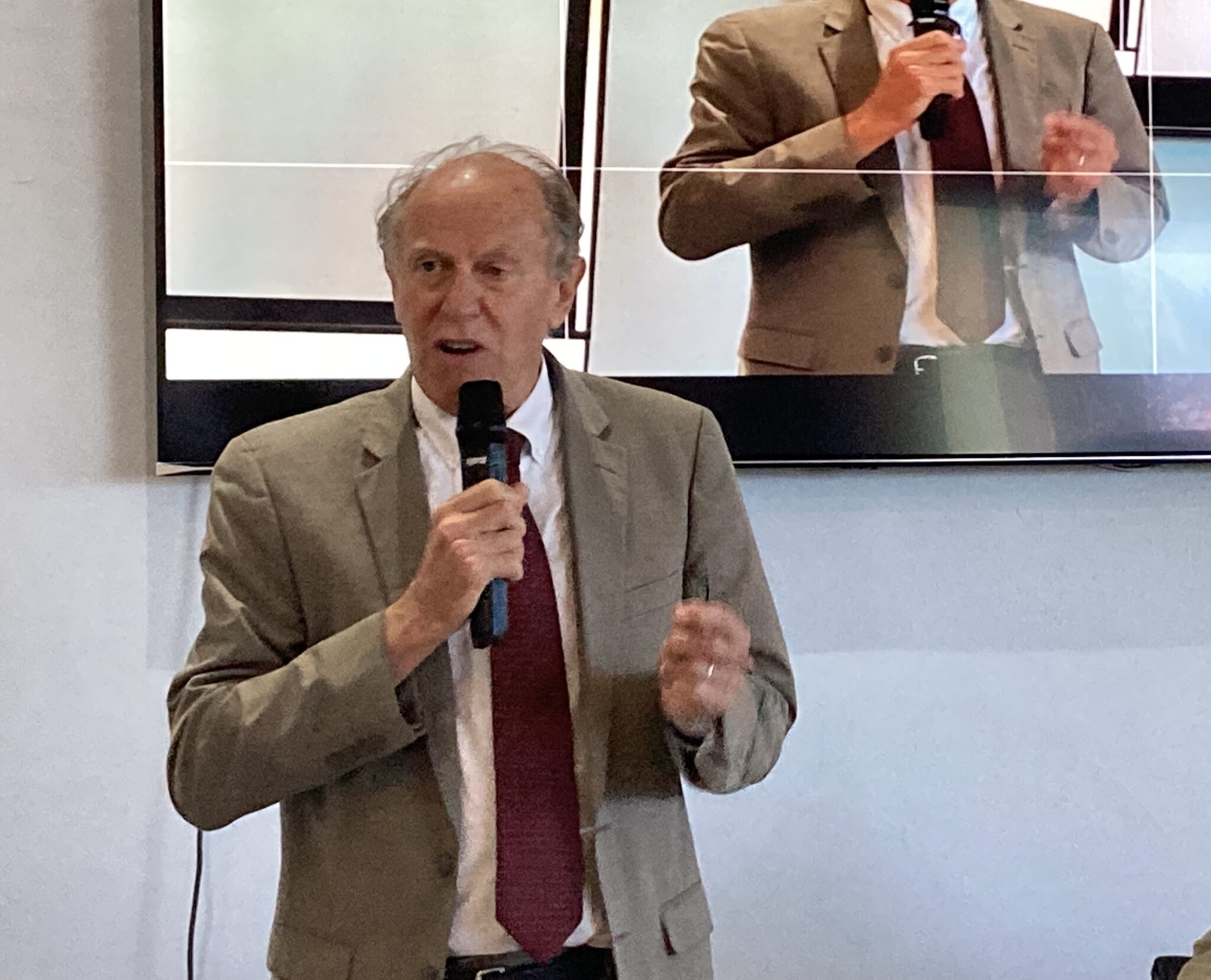Bulawayo Mayor David Coltart says the city has the potential to migrate people from the formal sector to the informal one, with the right strategies in place.
Coltart was speaking during a panel discussion held at the United Nations Development Programme (UNDP) 2024 office retreat. The discussion focused on “Strengthening UNDP and Government of Zimbabwe Partnerships.”
He highlighted that due to the massive de-industrialisation in the city, it is important for people whose employment was affected to transition into the informal sector.
Coltart cited the Makokoba market as one of the local markets where people are showing innovation by recycling waste into valuable products.
“Bulawayo used to be the industrial hub not only of Zimbabwe but of Southern Africa. However, we no longer hold that status. Most of the large factories in our city have shut down. The direct consequence of that is the transfer of people from the formal sector to the informal sector, and women are the most affected by this. A recent study showed that at least 64 percent of the informal traders and vendors in our city are women, most of whom are single mothers,” said Senator Coltart.
“We need to have state-of-the-art vending areas. Areas that have access to clean water, sanitation facilities, good lighting, and the internet. We have one such place at Makokoba. The amount of innovation there is incredible. They pick up waste and transform it into various products. Some of their products are stronger and more durable than those sold by formal industries. For example, most mining companies in this region go to the Makokoba market to buy wheelbarrows because they are durable.”
Coltart said one of the key ways of transitioning people from the formal sector to the informal sector is to create areas in the city where people have attractive operational environments for informal traders, enabling customers to buy their wares.
“The setup at Makokoba has challenged me and my team at the council to create more spaces like that. We have started a vision for our city. At the moment, we have Egodini, which is a formal market in the west of the city, but we now have a vision for three more markets on the periphery of the CBD. We want all these markets to be completely roofed to protect their wares, have smooth concrete floors to enable them to be kept clean, have solar lighting and power, and provide access to the internet,” he said.
“We are grateful that you are already doing similar work at Nkulumane, but we want to have more similar markets in at least five other suburbs. This will enable the city to enforce law and order, and the city council may also be able to collect revenue from the vending areas.
“We believe that innovation can take place in Bulawayo. It has happened in Makokoba. Such facilities would enable us to meet the criteria of digitalization, skills building, job creation, and creative environments where innovation can take place. From such markets, we can have people who will transform their small businesses into bigger ones and potentially employ more people.”

